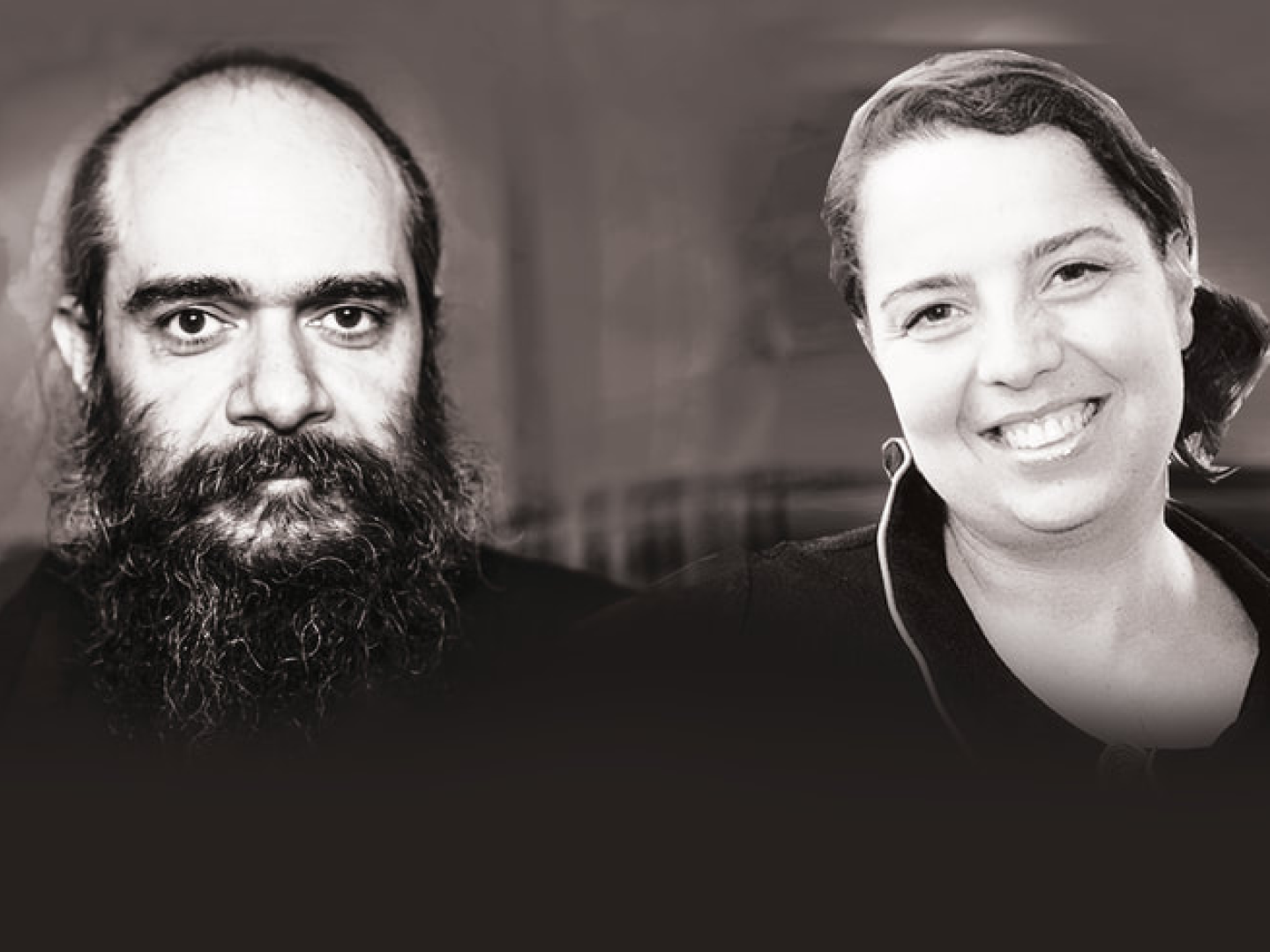Yiddish Glory: The Lost Songs of World War II is music created during the darkest chapter of European Jewish history. In the midst of World War II, a group of scholars led by ethnomusicologist Moisei Beregovsky (1892-1961) discovered songs written by Jewish Red Army soldiers, refugees, victims and survivors of Ukrainian ghettos. One song was written by a 10-year-old orphan who lost his family in the ghetto in Tulchin, another by a teenage prisoner of the Pechora concentration camp, and yet another about a Red Army soldier who learns, upon his return to Kiev, that his family had been murdered in Babi Yar. These were the people, whose voices are rarely heard in reconstructing history, none of them professional poets or musicians, but all at the center of the most important historical event of the 20th century, and making sense of it through music. Following the war, the researchers were arrested during Stalin’s anti-Jewish purge. The scholars’ works were confiscated, and they died thinking the collection was lost to history. The songs were discovered in unmarked boxes stored in the archives of the Vernadsky National Library of Ukraine in the 1990s.
In the early 2000s, a lucky coincidence brought Yiddish Professor Anna Shternshis of the University of Toronto to Kiev where she learned that these songs had survived all of these decades. Quickly deteriorating, fragile documents, some typed, but most hand-written, contained some of the most poignant and historically important Soviet Yiddish songs of World War II. The album, released February 2018 is the result of a remarkable collaboration between artist Psoy Korolenko and Anna Shternshis, recently nominated for the Grammy Award. Although some archival documents had their melodies preserved, most were simply lyrics written on small scraps of paper. Psoy Korolenko engaged in “musical archaeology,” and analyzed the scarce supplementary notes, contextualized the lyrics and then took a leap of imagination in order to create or adapt music for the texts.
Many pieces were the first grassroots testimonies of German atrocities against Jews, detailing massacres in Babi Yar, Tulchin, Pechora and others places in Ukraine. Sometimes, composing music calling to fight against fascism was the first thing a person did prior to the invasion by the German Army, and sometimes it was the last act during one’s final moments. The raw emotional ballads convey despair, hope, humor, bravery, resistance and revenge. The album “Yiddish Glory” is a time capsule that reveals how Jewish men, women and children fought against fascism, tried against all odds to save their families, and in their final moments chose to reveal their hopes and dreams through music. For the first time, the public will hear the voices of the Soviet Jews who were thought to be silenced by Hitler and Stalin.
